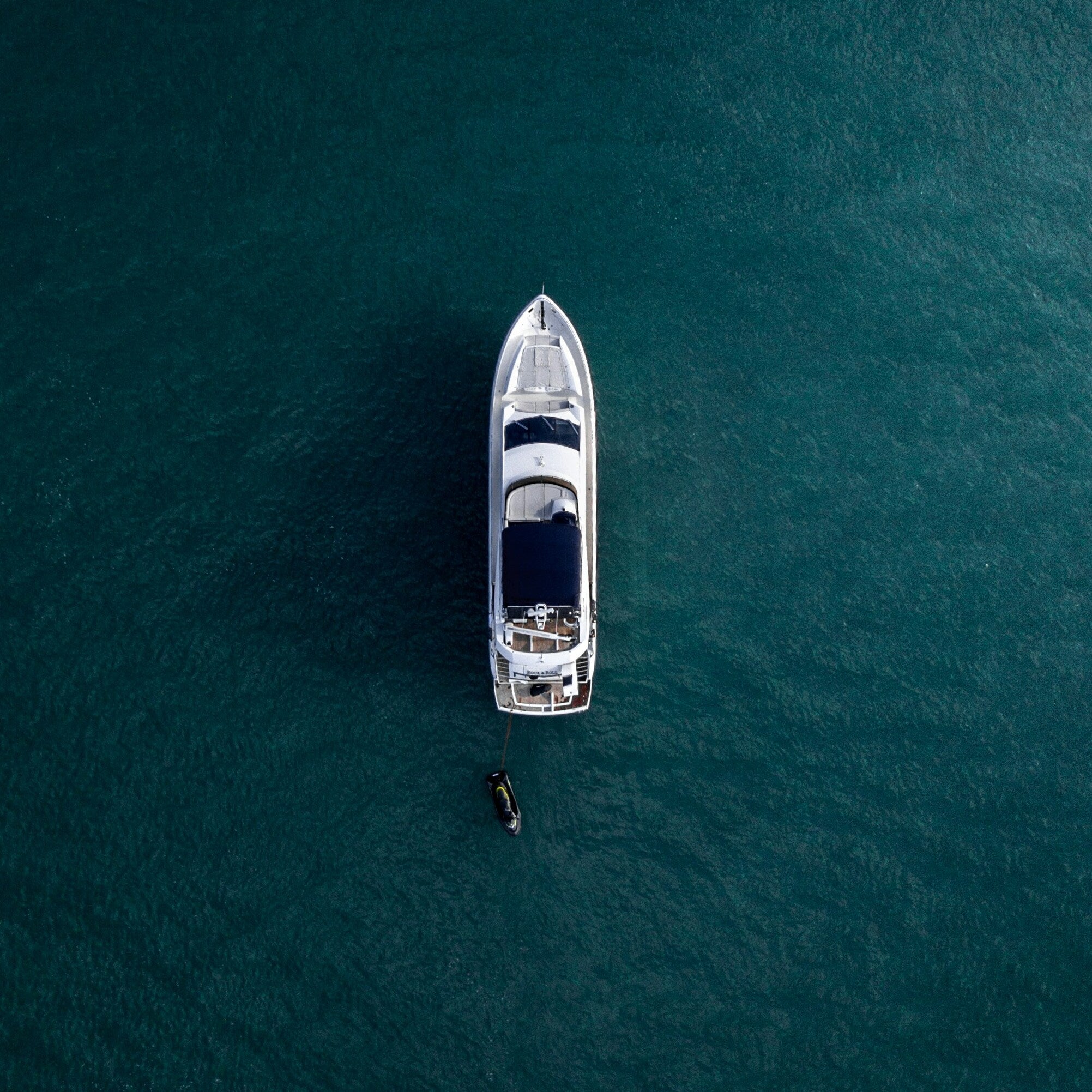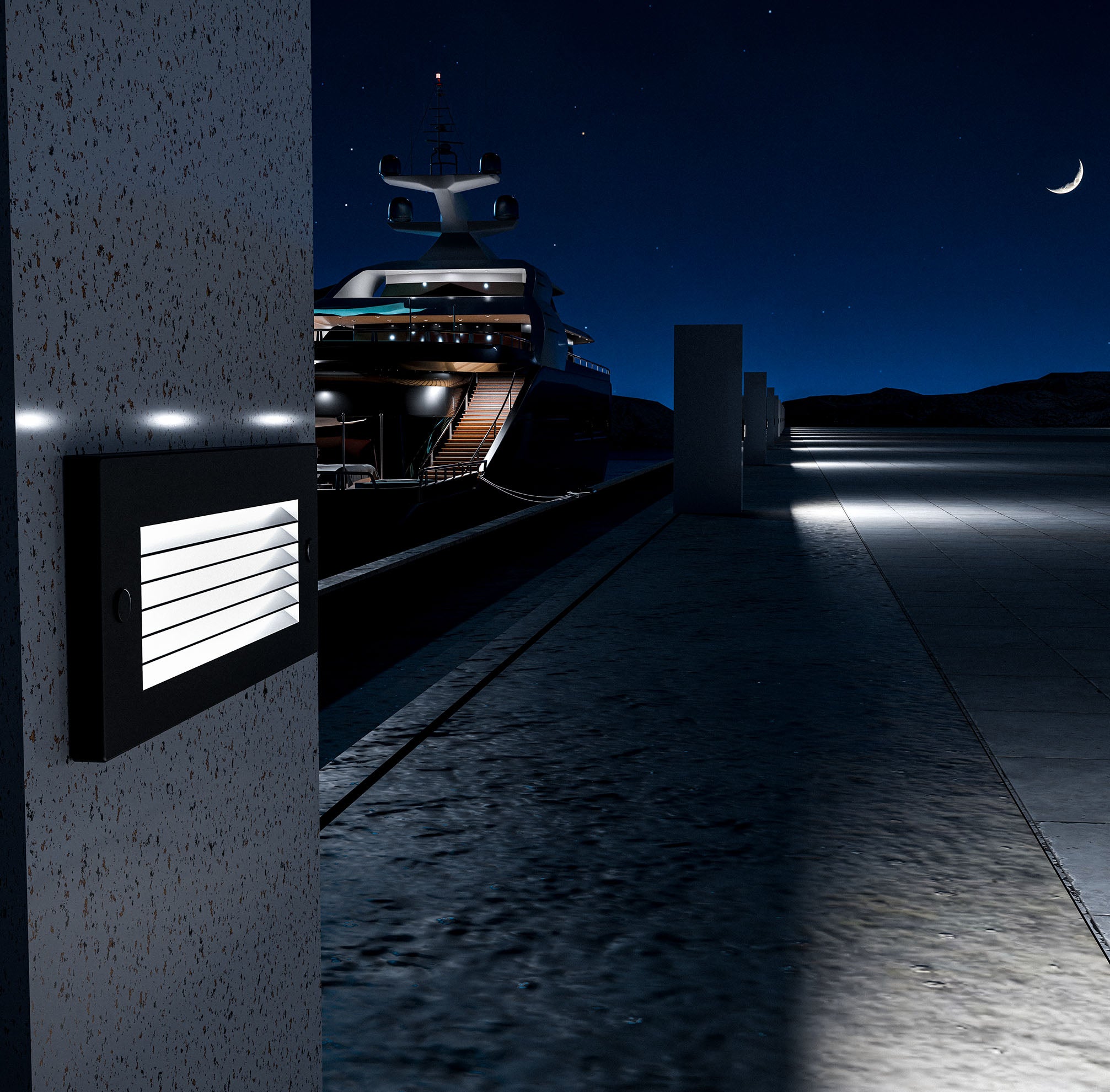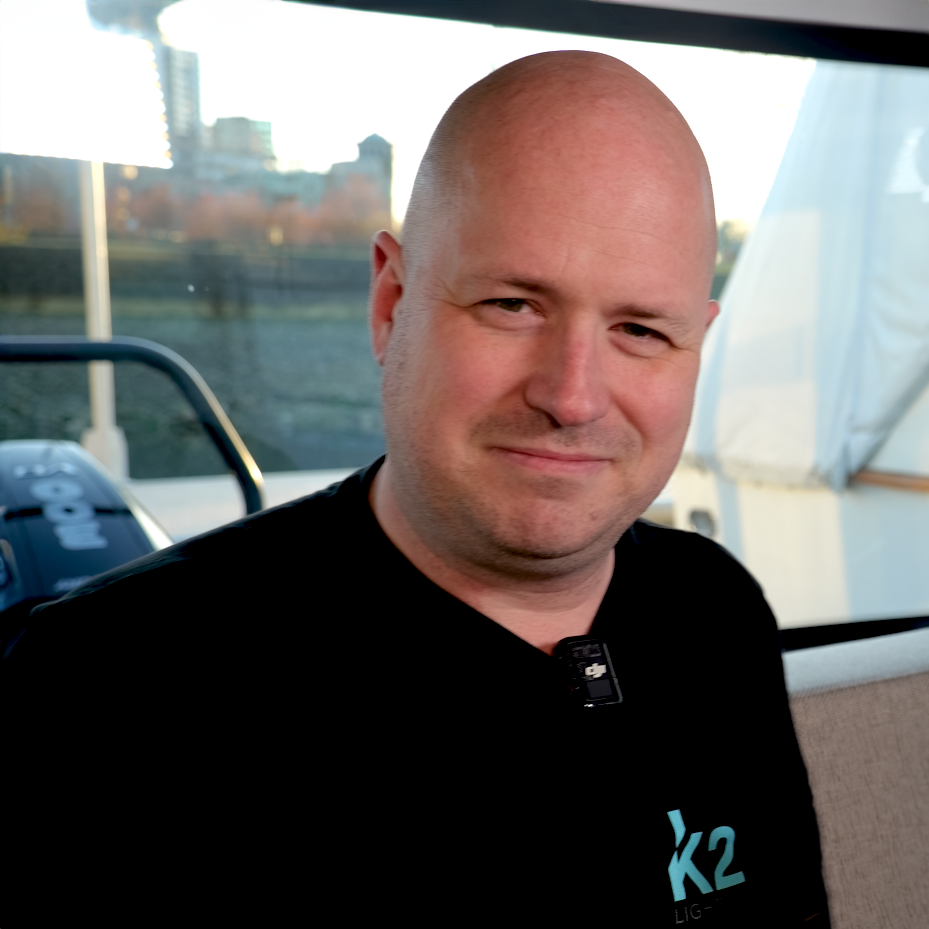Proper lighting is essential on any boat, not just for navigation and safety but also for creating a comfortable and inviting environment. One often overlooked aspect is the importance of good reading lights. Whether you're enjoying a novel during a quiet evening on the water or needing to read charts and manuals, having the right lighting makes a significant difference.
Understanding the Need for Reading Lights on Boats
Enhancing Visibility and Reducing Eye Strain
Reading in low light can strain your eyes, leading to discomfort and potential long-term vision problems. Proper reading lights enhance visibility, making it easier and more comfortable to read for extended periods.
Creating a Comfortable Reading Environment
A well-lit space is more inviting and relaxing. Whether you're reading alone or with family and friends, having adequate lighting contributes to a pleasant ambiance on your boat.
Importance of Specialized Marine Lighting vs. Regular Household Lighting
Marine environments present unique challenges such as moisture, salt, and vibrations. Specialized marine lighting is designed to withstand these conditions, offering durability and reliability that standard household lighting cannot match.
Key Features to Consider
Brightness and Light Quality
- Lumens and Color Temperature: Lumens measure the light output, and choosing the right level is crucial. A higher lumen count provides brighter light. Color temperature affects the light's hue; warm light (2700K-3000K) is soothing, while cool light (5000K-6500K) is closer to daylight and ideal for detailed tasks.
- Adjustable Brightness Settings: Lights with dimmable features allow you to adjust brightness according to your needs and preferences, providing flexibility and comfort.
Energy Efficiency
- LED vs. Other Lighting Options: LEDs are the most energy-efficient option, consuming less power and lasting longer than incandescent or halogen bulbs. This efficiency is particularly beneficial on a boat where power supply can be limited.
- Battery Life and Power Consumption: Consider the light's power consumption and battery life, especially for portable options. Efficient lights reduce the need for frequent battery changes or recharges.
Durability and Waterproofing
- Water-Resistant and Corrosion-Resistant Materials: Marine lights must withstand exposure to water and salty air. Look for lights made from materials like stainless steel or corrosion-resistant plastics.
- Shock Resistance for Rough Sea Conditions: The movement of a boat can subject lights to shocks and vibrations. Choose lights designed to handle these conditions without damage.
Types of Reading Lights for Boats
Fixed Reading Lights
- Wall-Mounted and Ceiling-Mounted Options: These provide a permanent solution, ideal for areas where you frequently read. They offer stable and consistent lighting.
- Pros and Cons: Fixed lights are reliable and unobtrusive but may require more effort to install and cannot be moved easily.
Portable Reading Lights
- Clip-On and Handheld Options: Portable lights offer flexibility, allowing you to move them wherever needed. They are great for use in various locations around your boat.
- Pros and Cons: While portable lights are convenient and versatile, they rely on batteries and may need frequent recharging or battery replacement.
Flexible and Adjustable Lights
- Gooseneck and Adjustable Arm Designs: These lights can be positioned precisely where you need them, providing targeted lighting for reading.
- Versatility and Ease of Use: Adjustable lights offer the best of both worlds, combining the stability of fixed lights with the flexibility of portable ones.
Installation Tips and Best Practices
Placement for Optimal Lighting
Position your reading lights to eliminate shadows and provide even illumination. For fixed lights, consider placing them near seating areas or beds where you do most of your reading.
Ensuring Secure and Safe Installation
Proper installation is crucial for safety and effectiveness. Use appropriate fixtures and secure them tightly to prevent movement. Follow manufacturer guidelines and consider professional installation if needed.
Wiring Considerations and Power Sources
Ensure your boat’s electrical system can support the new lights. For fixed installations, plan the wiring layout carefully to avoid interference with other systems. Consider using dedicated circuits for lighting to enhance reliability.
Features That Make These Lights Stand Out
Each model offers unique features that cater to different needs, such as high lumen output, energy efficiency, durability, and ease of use.
Conclusion
Choosing the right reading lights for your boat is essential for enhancing visibility, reducing eye strain, and creating a comfortable reading environment. Key features to consider include brightness, energy efficiency, and durability, with LED lights often being the best choice for marine conditions. Understanding the different types of reading lights, such as fixed, portable, and flexible options, allows you to select the one that best suits your needs. Proper installation is crucial for ensuring safety and effectiveness. By following these guidelines, you can find the perfect reading lights to brighten your boat and make your time on the water more enjoyable. For high-quality marine lighting solutions, visit K2 Lighting and explore our extensive range of products designed to meet the unique challenges of life on the water.
K2 Lighting's Commitment to Quality
At K2 Lighting, we specialize in high-quality marine lighting solutions designed to meet the unique challenges of life on the water. Our extensive range of Reading Lights ensures that you'll find the perfect reading lights for your boat. Visit our website to explore our offerings and find the ideal lighting solutions to enhance your boating experience.






